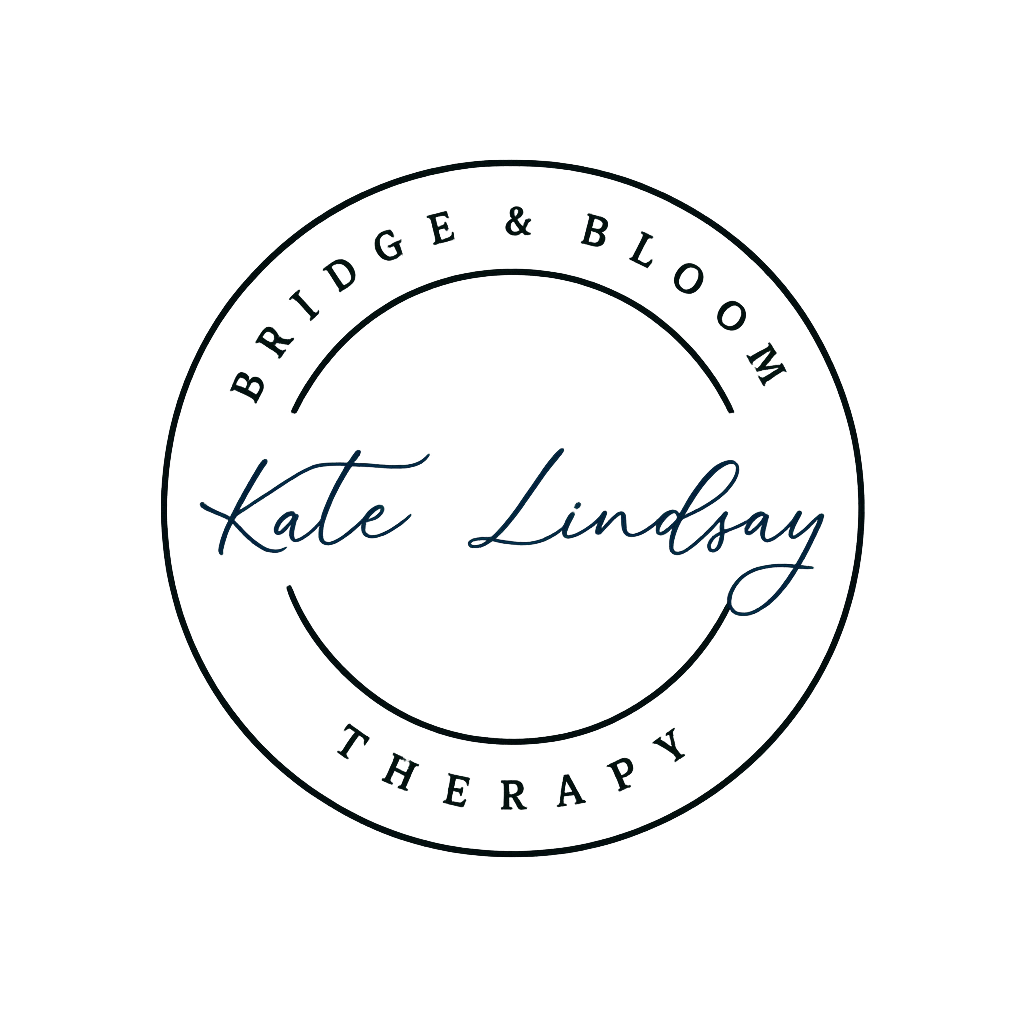Emotional Health Is Not a Jedi Power
Emotional Health Is Not a Jedi Power
You’re allowed to lose your sht. It’s what you do next that matters.
At some point in the personal growth journey, a terrible myth takes root:
“If I were truly healed, this wouldn’t bother me.”
Or: “If I were emotionally healthy, I wouldn’t get triggered.”
Or even: “If I go to enough therapy, I will become a perfect human who never overreacts, never misreads a text, and definitely never spirals because someone used a full stop.”
Let’s clear that up right now.
Being emotionally healthy is not the same as being unbothered.
It doesn’t mean you float through life in a linen robe whispering, “I no longer react — I only observe.”
In real life, emotionally healthy people:
Get triggered.
Snap at people they love.
Say “I’m fine” in a voice that suggests they are very much not fine.
Spend three hours Googling “am I the problem?” after a mildly awkward conversation.
Cry in the car.
Accidentally ghost the group chat for two weeks because… everything.
They just don’t stay stuck there.
It’s not about never falling. It’s about how you get back up.
Emotional health isn’t about being flawless. It’s about becoming faster and kinder in your recovery.
You go from:
“I’m the worst person alive and everything is ruined forever”
to
“Okay. That didn’t go well. But I can own it, repair it, and learn something.”
You go from:
“Why am I like this?”
to
“Ohhhh, that’s why I’m like this. Hello, old pattern.”
You start recognising the difference between your past and your present. Between a threat and a feeling. Between a catastrophe and a Tuesday.
And — crucially — you start letting yourself off the hook faster.
Emotional health has a sense of humour.
It lets you go:
“Well, that was a disaster. Whoops.”
And then move on, without dragging yourself through a six-day self-criticism festival.
It lets you feel the feelings without making them your permanent address.
It lets you say, “I got that wrong,” without turning it into a personality flaw.
It lets you remember that you’re not here to perform your healing — you’re here to live it.
Messy, human, full-volume life.
So no, you don’t graduate therapy by becoming calm and perfect and triggered by absolutely nothing.
That’s not healing. That’s denial with good branding.
Healing means you might still get rocked — but you find your centre more quickly.
You still react — but you recognise it sooner.
You still get it wrong — but you make it right, and forgive yourself faster.
That’s the work.
That’s the win.
That’s what emotional health actually looks like.
And if you’re somewhere on that journey — still fumbling, still reacting, still forgetting every coping skill you’ve ever learned when your mother calls — you are not broken.
You are just… in process.
And that’s more than enough.


